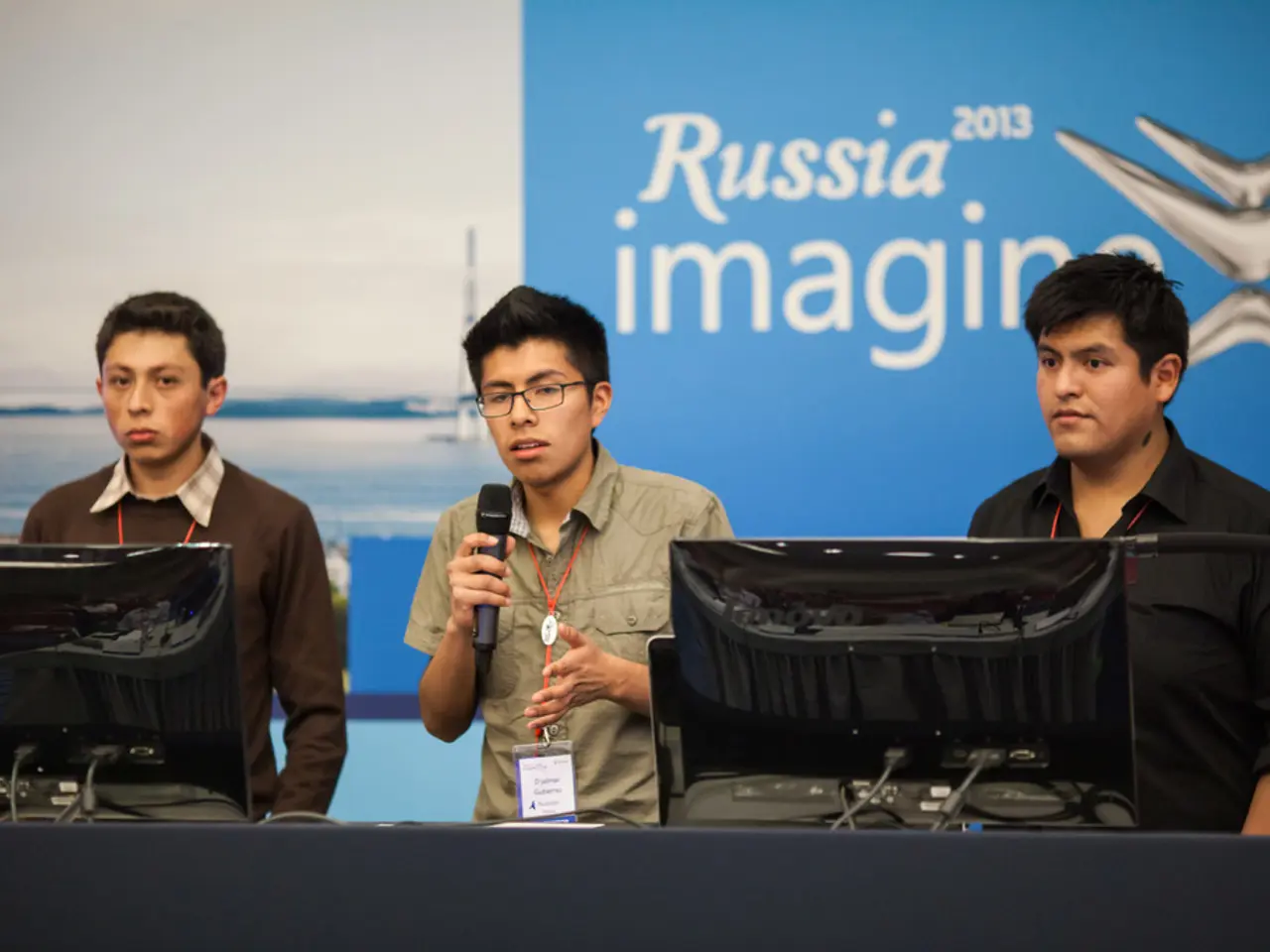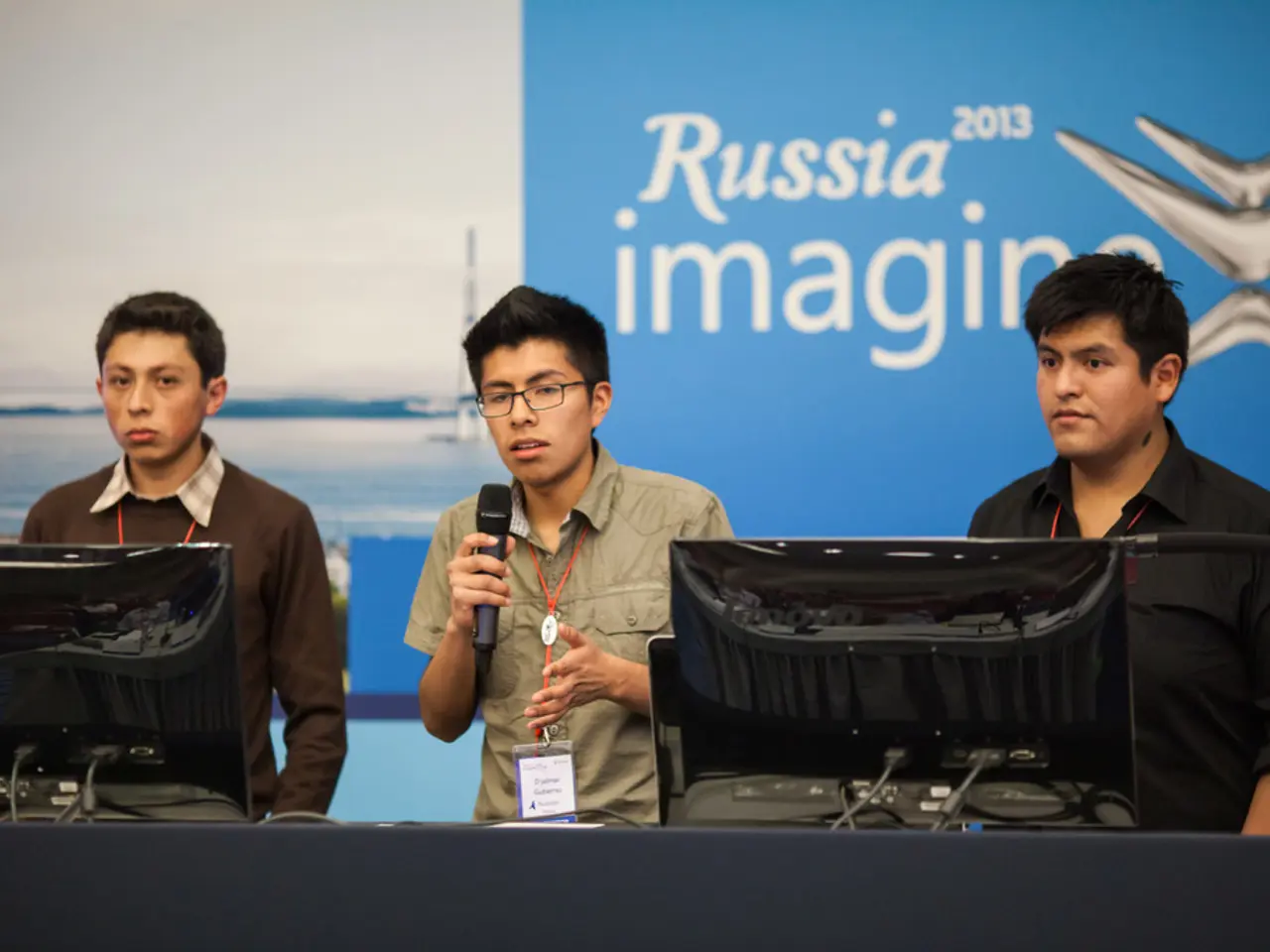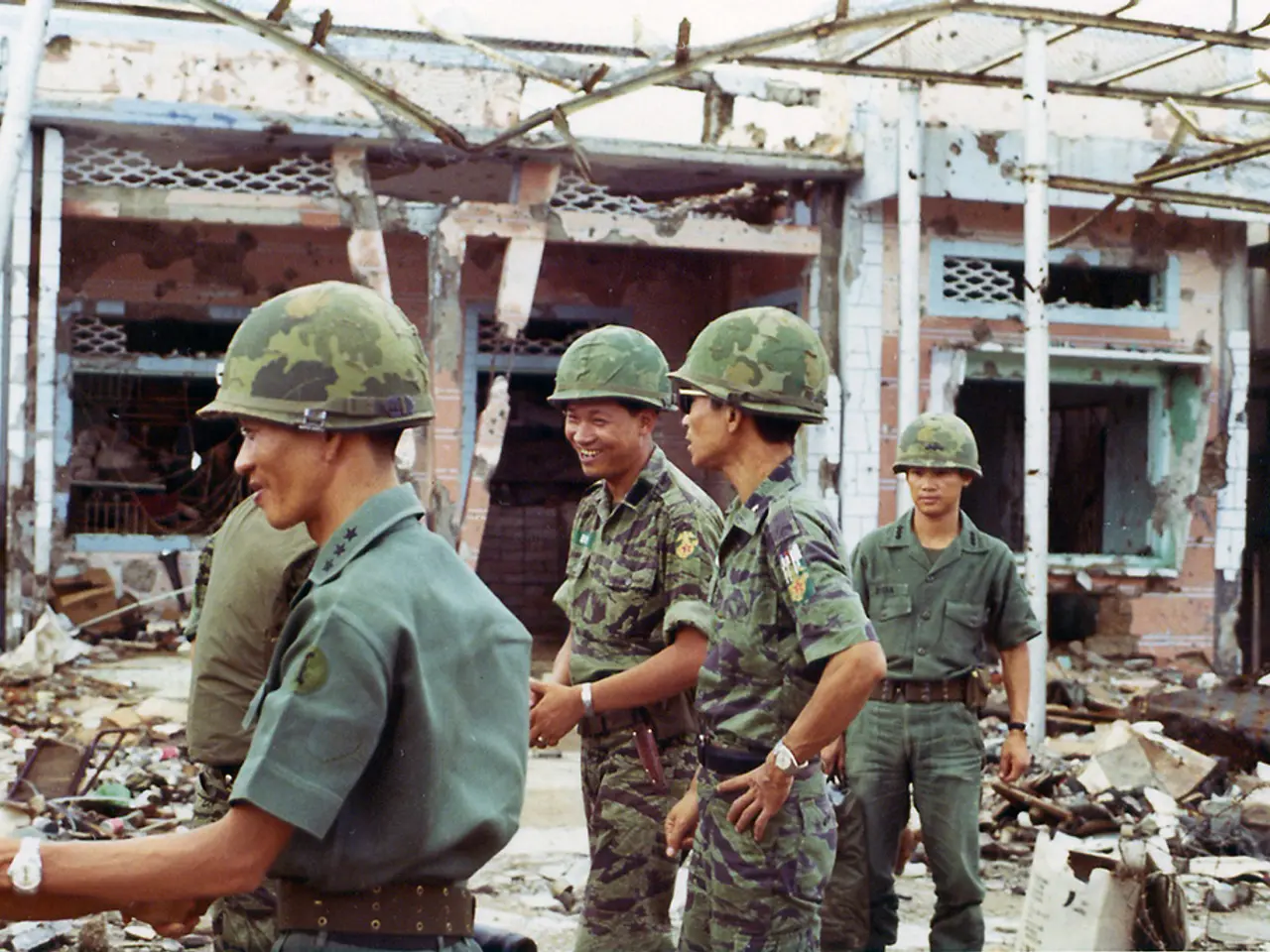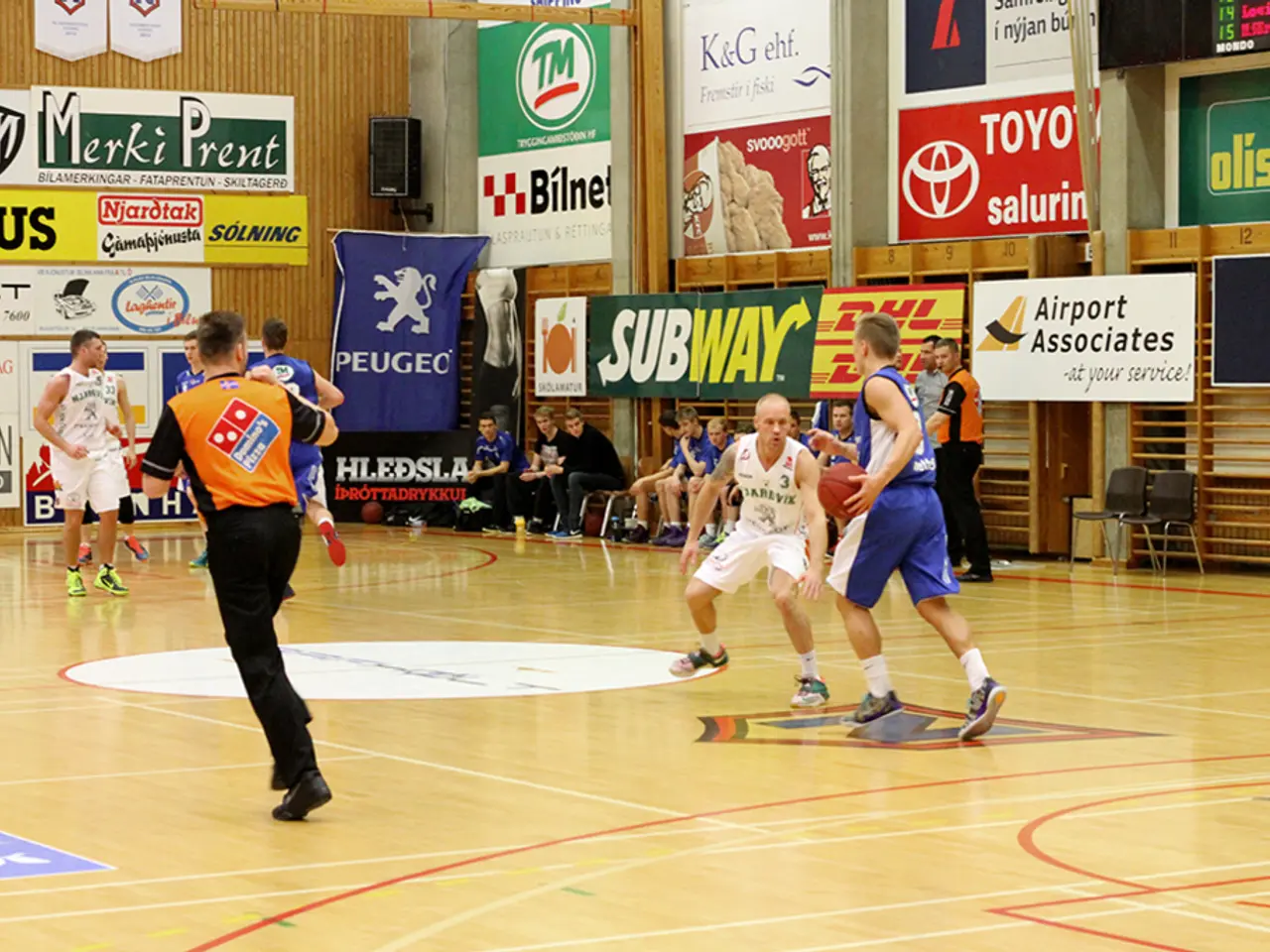Diplomat Lavrov tarnished as he seeks a part in the Baku-Yerevan agreement settlement
Russia's Ministry of Foreign Affairs has issued a statement regarding the recent peace deal signed between Azerbaijan and Armenia, which was brokered by the USA. The statement, made by spokeswoman Maria Zakharova, emphasised Russia's continued involvement in the region and its opposition to external assistance.
The trilateral agreements with Russia's participation remain relevant, and no party has withdrawn from them. Zakharova noted that the current stage of Armenian-Azerbaijani normalization began with Russia's direct involvement. However, she did not elaborate much on the agreements between Baku and Yerevan.
The peace deal, signed in the USA yesterday, marks a shift in the regional dynamics, with the USA playing a more prominent role. This development has raised concerns for Russia, which views the South Caucasus as its traditional sphere of influence. Zakharova stated that the final resolution should "take into account Moscow's opinion."
Russia played a central role in the initial stages of Armenian-Azerbaijani normalization. However, recent US-brokered initiatives, such as a corridor linking Azerbaijan to Turkey via Armenia, have increased Washington's footprint. This deal shifts operational authority to US and Armenian entities for certain regional transit routes—roles previously expected to be managed by Russia—diminishing Moscow’s influence and prestige there.
In response, Russia's initial formal response was cautious, welcoming the Declaration underlying the new arrangement, but expressing concerns about key issues like Armenia’s Eurasian Economic Union membership and Russian border guards on the Armenian-Iranian border. This suggests Russia's intent to leverage these factors to maintain influence. Moreover, Russia’s actual peacekeeping forces withdrew early, signaling reduced direct involvement and a strategic retreat following the rise of US presence in the South Caucasus.
In her statement, Zakharova reminded of the presence of Russian border guards in Armenia. She also suggested that the optimal solution for resolving the conflict in the South Caucasus should only involve regional countries and their neighbors, specifically Russia, Iran, and Turkey, without U.S. involvement.
The Russian Foreign Minister has also planned to analyze Washington's statements regarding the unblocking of regional communications. This indicates that Russia will continue to closely monitor the situation and may take further action to safeguard its interests in the South Caucasus.
[1] [Source 1] [2] [Source 2] [3] [Source 3] [4] [Source 4]
The Russian Foreign Minister has planned to analyze Washington's statements regarding the unblocking of regional communications, indicating Russia's continued interest in regional politics, particularly war-and-conflicts and general-news related to the South Caucasus. In her statement, Zakharova reiterated Russia's stance on the South Caucasus conflict, advocating for a solution that involves regional countries and neighbors, such as Russia, Iran, and Turkey, without external assistance from the USA.








